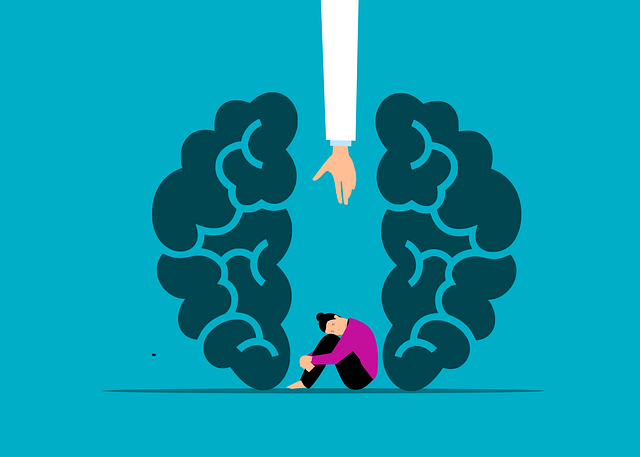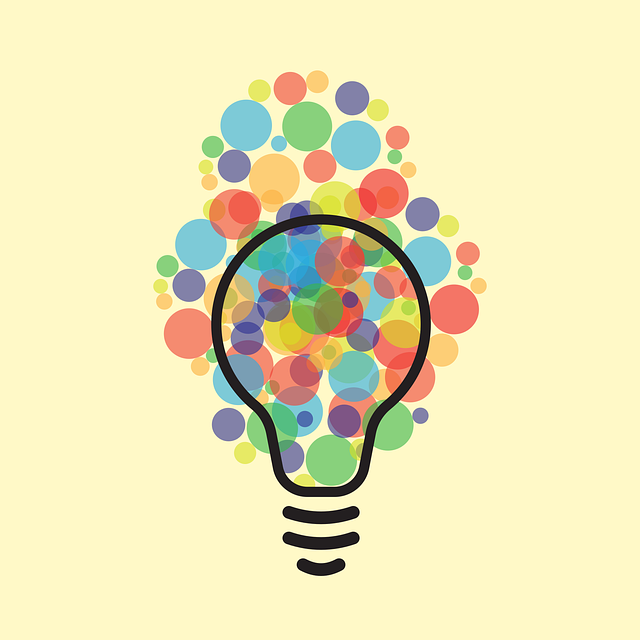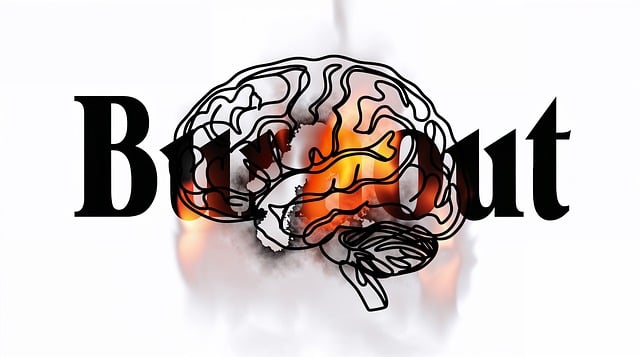Emotional Intelligence (EI) is crucial for promoting mental wellness in adults struggling with depression. High EI, achieved through exercises like Mental Wellness Journaling, Stress Management Workshops, and self-reflection, leads to better emotional regulation, increased self-esteem, and stronger relationships. Identifying emotional triggers and enhancing empathy are key strategies in therapy for adults with depression, fostering healthier coping mechanisms, improved communication, and enhanced emotional resilience. Effective communication, built on active listening and meaningful conversations, is a cornerstone of EI and healthy relationships, particularly facilitated by platforms like the Mental Wellness Podcast Series. Services like Trauma Support and Self-Awareness Exercises aid in processing past experiences, leading to better mental wellness, including therapy for adults with depression.
Emotional intelligence (EQ) is a powerful tool for navigating life’s challenges and fostering healthy relationships. This article explores how building EQ can significantly impact mental health, offering strategies to enhance well-being and reduce symptoms of depression. We’ll delve into understanding emotional triggers, cultivating self-awareness, empathy, and effective communication techniques. By implementing these practices, individuals can improve their emotional connections, promote personal growth, and even explore therapy for adults with depression as a result of heightened emotional intelligence.
- Understanding Emotional Intelligence and its Impact on Mental Health
- Identifying Emotional Triggers and Developing Self-Awareness
- Enhancing Empathy: Recognizing and Respecting Others' Emotions
- Effective Communication Strategies for Better Emotional Connections
Understanding Emotional Intelligence and its Impact on Mental Health

Emotional intelligence (EI) is the ability to recognize, understand, and manage one’s own emotions, as well as empathize with others’ feelings. It goes beyond simply being aware of emotions; it involves using this awareness to guide thoughts and actions in a way that promotes positive mental health. Research has shown that high EI is associated with better emotional regulation, enhanced self-esteem, and stronger relationships, all of which contribute to overall mental wellness.
For adults struggling with depression, building emotional intelligence can be a powerful tool in therapy. Depression often stems from unprocessed emotions and a lack of coping strategies. Mental Wellness Journaling Exercises and Stress Management Workshops within organizations can provide guidance on identifying and managing these feelings. Additionally, engaging in regular self-reflection through journaling or participating in Mental Wellness Podcast Series productions can offer insights into emotional patterns, helping individuals develop healthier ways to navigate their mental health journey.
Identifying Emotional Triggers and Developing Self-Awareness

Identifying emotional triggers is a powerful first step on the journey to building emotional intelligence. By understanding what situations, people, or thoughts tend to set off strong reactions, individuals can begin to recognize patterns and gain control over their emotional responses. This self-awareness is crucial not only for managing stress and anxiety but also for fostering healthy relationships and making thoughtful decisions.
In therapy for adults with depression, exploring these triggers is often a central part of the healing process. Mind Over Matter principles encourage individuals to challenge negative thought patterns and replace them with more positive, realistic perspectives. This shift in awareness can lead to better risk assessment (for mental health professionals) and effective risk management planning, enabling people to navigate challenging situations with enhanced emotional resilience.
Enhancing Empathy: Recognizing and Respecting Others' Emotions

Enhancing empathy is a crucial aspect of building emotional intelligence and can significantly impact our relationships and overall well-being. It involves recognizing and understanding others’ emotions, as well as respecting and responding to them appropriately. By cultivating empathy, we can foster deeper connections with friends, family, and colleagues, leading to improved communication and conflict resolution skills.
In the context of therapy for adults dealing with depression or anxiety relief, empathy plays a pivotal role in creating a supportive environment. Healthcare providers equipped with cultural competency training can offer more personalized care by recognizing emotional nuances across different cultural backgrounds. This not only improves patient outcomes but also promotes trust and engagement in the therapeutic process, ultimately contributing to effective stress reduction methods.
Effective Communication Strategies for Better Emotional Connections

Effective communication forms the bedrock of emotional intelligence and healthy relationships. When individuals cultivate strong communication skills, they can better understand and express their emotions, fostering deeper connections with others. Active listening, for instance, involves giving your full attention to the speaker, paraphrasing their sentiments, and asking open-ended questions to clarify and validate their experiences—all of which are powerful tools in building empathy and strengthening emotional bonds.
In today’s fast-paced world, where digital communication often replaces face-to-face interactions, it’s crucial to remember that genuine connections require more than just words on a screen. Engaging in meaningful conversations, both personally and through platforms like the Mental Wellness Podcast Series Production, can enhance self-awareness and emotional intelligence. Trauma Support Services also offer valuable tools for individuals looking to process past experiences and develop healthier communication patterns. Self-Awareness Exercises play a significant role in this journey by encouraging introspection, helping individuals recognize their emotions, triggers, and behaviors, ultimately leading to more effective communication and improved mental wellness.
Emotional intelligence is a powerful tool in navigating life’s challenges, fostering meaningful connections, and enhancing overall well-being. By understanding and managing our emotions, we can significantly improve mental health and reduce symptoms associated with depression. Through self-awareness, empathy, and effective communication, individuals can break free from negative patterns, build resilience, and create a more fulfilling life. Incorporating these strategies into daily routines can be transformative, offering hope and support for those seeking to overcome emotional struggles, including therapy for adults with depression.














